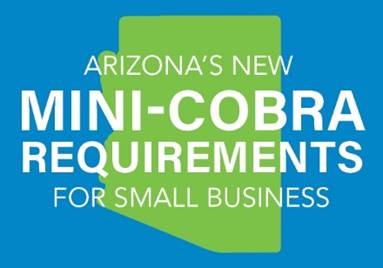All across the country, a sweeping movement to combat surprise medical bills has been slowly percolating and is now finally gaining traction on a national level.
What began as grievances filed by wronged patients has grown into government officials at both the state and federal level championing legislation against this industry practice.
A law that recently went into effect in Arizona and recent remarks from President Trump are merely the latest in an ongoing trend that has the force to reshape how patients are billed for out-of-network expenses.
Unexpected Out-of-Network Charges Result in Surprise Medical Bills
Surprise medical billing isn’t so much an intentional practice of healthcare companies, as much as it’s a byproduct of the fractured healthcare industry. Specifically, it’s a result of multiple institutions and providers treating patients simultaneously while working for different employers.
In its simplest form, a surprise medical bill is an unexpected medical bill that patients receive for out-of-network services that they thought were in-network. The bill is sent after the services are provided, leaving patients with little recourse and high fees since out-of-network charges tend to be much higher than those in-network.
An all too common scenario shows how easy this can happen to patients. A patient goes to a hospital for a covered surgical procedure. They’ve done their research and have made sure that both the hospital and the surgeon’s practice are within their insurer’s network. In completing this due diligence, they then assume that the entire procedure will be covered as an in-network expense. Seems reasonable, right?














